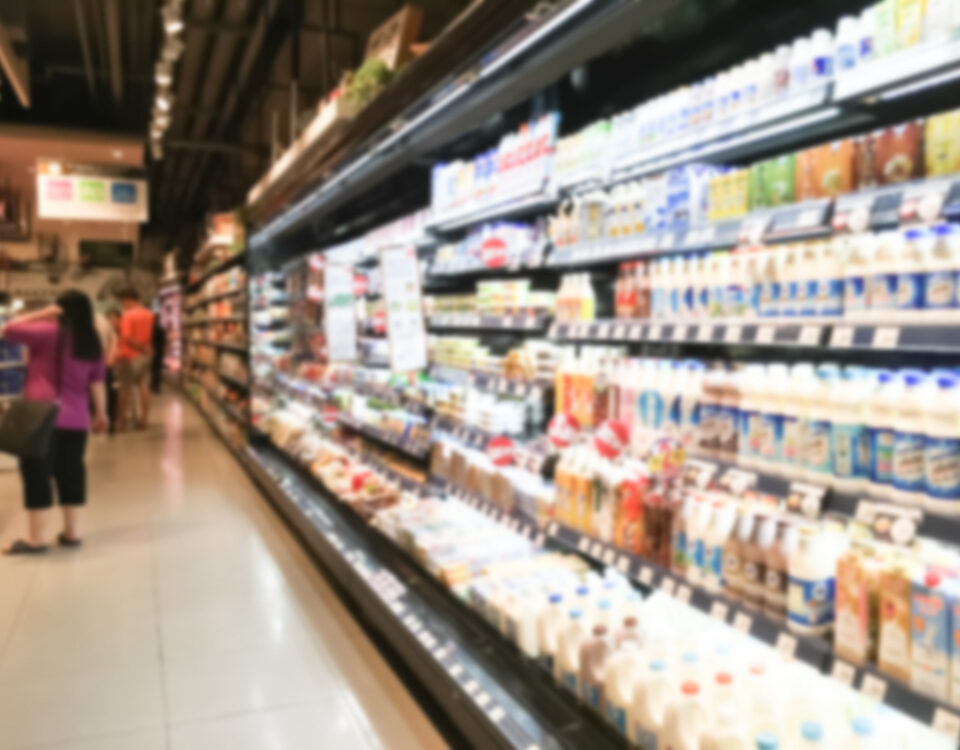The Ministry of Trade and Industry (MTI) continues to monitor the movement of global and local food prices and has noted that globally, food prices continue to decrease. According to the Food and Agricultural Organisation (FAO), the Food Price Index (FFPI) averaged 122.3 points in June 2023, which was a decline by 1.7 points from May 2023, continuing the downward trend and averaging 37.4 points below the peak it reached in March 2022. The month-on-month decline in the index in June 2023 reflected a fall in all indices for sugar, vegetable oils, cereals and dairy products, with the exception of the meat price index, which remained unchanged.
While there are other factors that would influence the final retail price, falling global food prices, import prices and freight rates must be translated into relief for consumers. It is clear from the results of the monthly survey of food prices conducted by the Consumer Affairs Division of the MTI that the reduction in prices are not sufficient. Specifically, an examination of retail prices of 115 items surveyed by the MTI in the basket of basic food items reveals that only 17% items declined over the period June 2023 vs June 2022.
A closer examination of the import prices of food items (i.e. price paid by importers from overseas suppliers) into Trinidad and Tobago revealed a significant decline in some of the basic food prices, ranging from a 6 per cent reduction in corned beef to as much as a 38 per cent reduction in oil. Further, the Freightos Baltic Index confirms that shipping rates have been declining since September 2022.
The MTI has critically examined the prices of particular items which by now should reflect reduced retail prices. For instance, the data captured in the Table below shows that while the import price of oil fell by 38%, there was an 11% retail price increase. Similarly, rice showed a 14% decrease in import price, however a 2% price increase was shown on some supermarket shelves. Goat showed a 46% decrease import price, but only a 22% decline in retail prices.
| Product | % Change in Price Paid by Importers from Overseas Suppliers (June 2023 v June 2022) | Average Supermarket Price-June 2022 (TT$) | Average Supermarket Price-June 2023 (TT$) |
|---|---|---|---|
| Salted Fish | -12% | -Salted Fish with Bone (454g) – $28.09
-Boneless Salted Fish (454g) – $37.70 |
-Salted Fish with Bone (454g) – $30.06
-Boneless Salted Fish (454g) – $37.16 |
| Rice | -14% | -Rice (1800g) – $23.25
-Rice (2kg) – $21.86 -Rice (1kg) – $11.55 |
-Rice (1800g) – $23.90
-Rice (2kg) – $23.12 -Rice (1kg) – $12.15 |
| Corned Beef | -6% | -Corned Beef (340g) – $21.69 | -Corned Beef (340g) – $22.33 |
| Oil | -38% | -Soya Oil (900lm) – $21.71
-Soya Oil (3.8L) – $86.49 |
-Soya Oil (900lm) – $24.31
-Soya Oil (3.8L) – $87.90 |
| Goat | -46% | -Goat-$36 per Lb | -Goat-$28 per Lb |
Table 1 – Comparison of wholesale imported prices with retail prices
Notwithstanding, there are some businesses that have demonstrated goodwill by being fair to consumers in passing on the gains made in the reduction of international prices. In particular, the MTI notes the reduction in prices made by some entities such as Nutrimix Flour Mills, National Flour Mills and JMH Enterprises Limited.
The Ministry of Trade and Industry reiterates its call on all supermarkets, distributors, manufacturers and other retailers to be reasonable and make appropriate adjustments to the prices charged to consumers.






